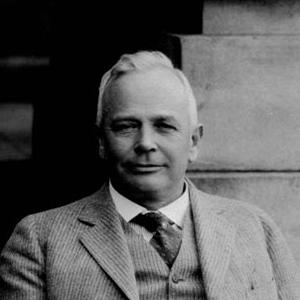
Incarcerated Labor on the Western North Carolina Railroad
Thousands of incarcerated people toiled on the Western North Carolina Railroad during the 1870s and 80s as forced laborers. Most of these individuals were Black men and boys, who were convicted under discriminatory legal and judicial systems. These incarcerated workers built the railroad through the Blue Ridge Mountains, which transformed the social and economic landscapes of western North Carolina.

Stand Against Slavery: Self-Emancipation and Resistance in Colonial North Carolina
During the 17th and 18th centuries, enslaved people of color in North Carolina resisted the conditions of their servitude in a variety of ways. Containing selected records such as petitions, court records, letters, and depositions, this exhibit demonstrates how North Carolinian people of color pursued their own freedom.

American Indians in North Carolina Colonial Court Records
During the 17th and 18th centuries, American Indians in North Carolina protected their autonomy through the colonial legal system. Containing selected records such as petitions, land sales, council minutes, and depositions, this exhibit demonstrates how American Indians and colonists leveraged the colonial legal system in their interactions with one another, and often in surprising ways.

The Papers of Governor Locke Craig
A selection of the papers of Governor Locke Craig, whose term in office spanned from 1913 to 1917.

The Edenton Tea Party Resolves of 1774
In the fall of 1774, fifty-one women in Edenton, North Carolina undertook a revolutionary act: they signed a resolution in protest of Britain's colonial taxation policies and gave their oaths to boycott British goods. Later remembered as the Edenton Tea Party, this event was an early example of women's political activism during the American Revolution.

North Carolina Women and the War of Regulation
A collection of documents outlining North Carolina women's experiences during and contributions to the War of Regulation in 1771.

The War Governor: Thomas W. Bickett, 1917-1921
Thomas W. Bickett served as governor of North Carolina from 1917 to 1921. Browse this exhibit to learn more about his time in office and to view his official papers.

In Their Own Words: North Carolina's Widows of the American Revolution
A collection of seventeen widows' pensions outlining the contributions of North Carolina women to the war effort during the American Revolution.

The Gourd Patch Conspiracy
The Gourd Patch Affair, or the Lewelling Conspiracy, was a failed uprising against North Carolina's Patriot government in the summer of 1777. A group of Martin, Tyrrell, Pitt, and Bertie County farmers met in a pumpkin patch and crafted a secret plot. Their aim? Assassinate North Carolina's governor, overthrow the state government, and protect the Protestant religion.

North Carolina and the Space Race
Learn about the various contributions of North Carolina scientists, engineers, pilots, and more to Projects Mercury, Gemini, and Apollo. Trace the influences of this golden age of the American space program on future generations of Tar Heel space explorers.
